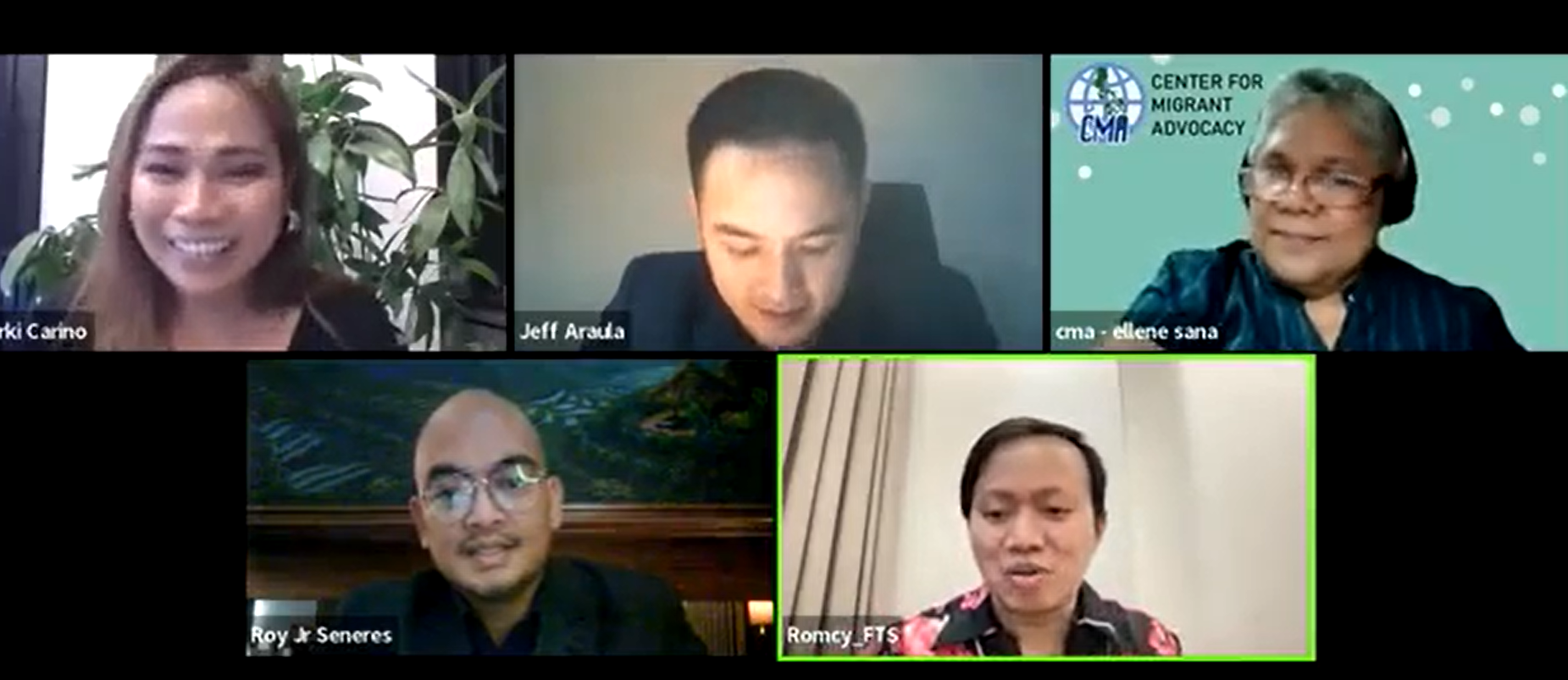One of our goals at FTS is to “mainstream” anti-slavery work. That means getting field workers for charities and development institutions, such as USAID and the United Nations, to recognize slavery when they see it, and take appropriate action.
A recent article by FTS Associate Programs Director Ginny Baumann helps to do just that.
Her how-to piece, the cover story in the March 2013 edition of Monthly Developments magazine, answers vital questions that can help mobilize development workers into anti-slavery activists. The magazine is read by development and humanitarian aid professionals throughout the world.
She notes that there are both moral and practical reasons to take a stand against modern-day slavery.
“Removing slavery from a community allows other interventions to more fully take root,” Ginny tells aid workers in her article. “If your project focuses on education, microenterprise development, women’s empowerment, health care, migration – you name it – a greater number of individuals will benefit if their community is free from slavery.”

FTS Associate Programs Director Ginny Baumann
Ginny’s article lists steps that development professionals can take when they witness slavery.
Just as important, she provides cautions for things not to do, things that could actually endanger slaves rather than helping them toward sustainable freedom.
“If development agencies do not equip their staff on slavery, there is a risk that in some places they can become part of the problem,” she concludes. “Their resources can be used to reinforce existing patterns of control and exclusion.”
Ginny says that eliminating that risk is time and money well spent.
Ginny’s full article is available here.
Our thanks to Interaction for helping to spread the word!



